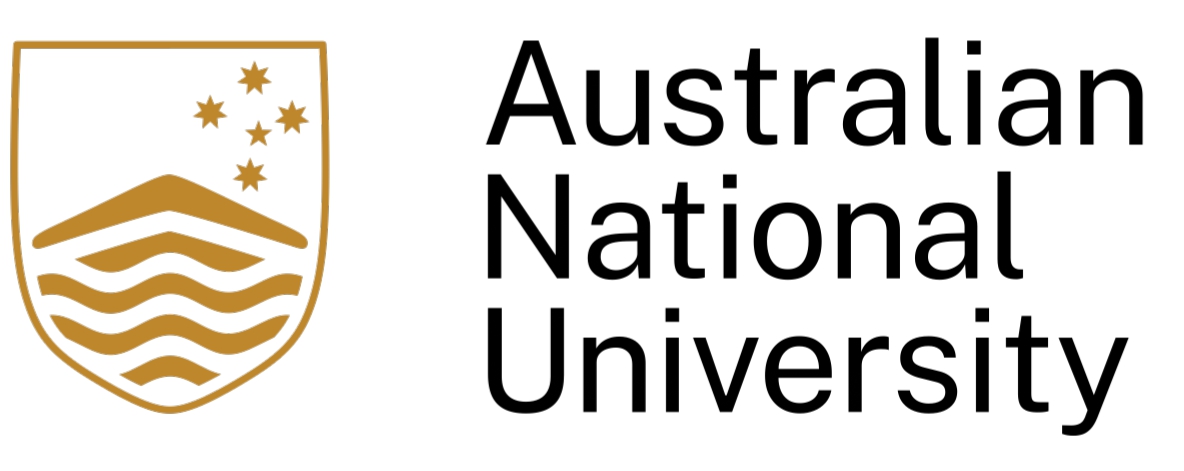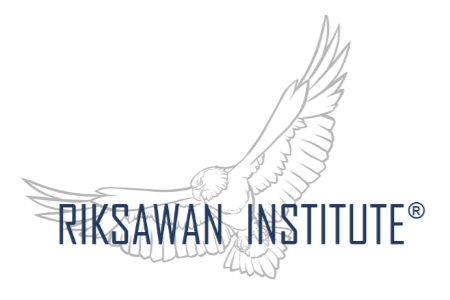Knowledge, Attitudes, and Practices towards Solid Waste Management (SWM) Among Households in Suyac Island, Sagay City, Negros Occidental, Philippines
Abstract
The global economy is generating increasing amounts of complex waste, posing a significant threat to ecosystems and human health. Proper solid waste management (SWM) remains a significant environmental challenge in the Philippines, with issues such as improper disposal, inefficient or nonexistent collection, and inadequate facilities. This study aims to assess the knowledge, attitudes, and practices of households in Suyac Island, Sagay City, Negros Occidental, Philippines, towards SWM. This research utilized a descriptive design, incorporating a validated survey questionnaire and checklist to investigate the knowledge, attitudes, and practices of residents regarding household waste management. Results found that respondents generated more non-biodegradable waste than biodegradable waste. Older respondents and those with lower education levels generated higher amounts of waste. Respondents demonstrated a strong understanding of solid waste management principles, as evidenced by their high scores (4.10-5.00) in a knowledge assessment. They were highly aware of the human-generated nature of solid waste, its environmental impact, and the importance of proper segregation and disposal. Additionally, respondents expressed positive attitudes towards waste management, including personal responsibility, participation in community clean-ups, and information sharing. They also expressed high levels of concern about the waste situation in their municipality and the importance of proper waste disposal. While respondents demonstrated a strong understanding of SWM principles and a willingness to participate in waste management initiatives, the study also highlighted the need for improvements in waste collection, storage, and disposal practices.



.jpg)
.jpg)
.jpg)
.jpg)


.jpg) .
.

.jpg)


.jpg)

.jpg)




